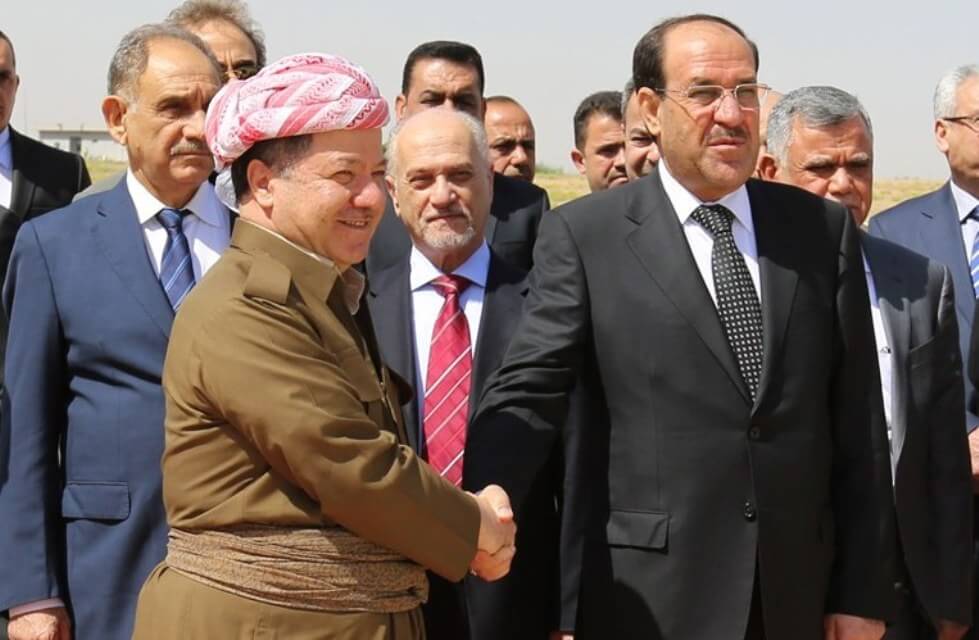Iraq was ranked 162nd out of 180 countries in Transparency International’s 2019 Anti-Corruption Index, underscoring the deep-rooted corruption in both Iraq and the Kurdistan region. Over 1,000 individuals have been killed or wounded in anti-government protests across Baghdad and southern provinces, reflecting widespread frustration with a government plagued by corruption. The wealth of Iraq, including that of the Kurdish region, is largely controlled by corrupt political factions and militias. Transparency groups, lawmakers, and international organizations have long criticized the central government in Baghdad and the Kurdistan Regional Government (KRG) for their role in perpetuating corruption, particularly when it comes to the management of oil revenues.
Corruption in Iraq is exacerbated by the absence of political integrity. Politicians in both Iraq and Kurdistan frequently vow to fight corruption but have failed to take meaningful action. Leaked documents and reports from Kurdish lawmakers reveal that the Kurdistan region is particularly notorious for corruption, with billions of dollars in oil revenues unaccounted for. The ruling Barzani family is often accused of using the oil trade to amass wealth for itself, rather than benefiting the Kurdish population. Former President Masoud Barzani, a key leader of the Kurdistan Democratic Party (KDP), continues to exert considerable influence behind the scenes, with his son, Prime Minister Masrour Barzani, and nephew, Nechirvan Barzani, holding top political positions. The Talabani family, associated with the Patriotic Union of Kurdistan (PUK), is similarly accused of corruption and enriching themselves from the oil trade in PUK-controlled areas.
While the Kurdish region has made strides in combating terrorism, rebuilding cities, and maintaining security, it has largely neglected the fundamental issues of corruption, poverty, unemployment, illiteracy, and violence against women. Despite a veneer of urban development, the region shares the broader Iraqi population’s sense of poverty and injustice due to the unequal distribution of wealth, which benefits only the political elites and the major tribes aligned with them.
Through a combination of partisanship and nepotism, Iraqi Kurdistan has become entangled in corruption. Once fighters, many have shifted to city life, reaping the benefits of the system. The Kurdish government has attempted to portray the region as a model of progress and democracy free from corruption, but for the average Kurdish citizen, daily survival is a struggle. Public funds are often siphoned off by political leaders from the KDP and PUK. Saman Al-Jaf, a former Peshmerga leader, explained that connections to political leaders can secure government jobs and lucrative contracts, often awarded to unqualified individuals, with funds being funneled through multiple intermediaries before reaching the intended project.
The most significant hurdle to Iraq’s Kurdistan region’s economic development remains corruption. Reports suggest that the Kirkuk-Ceyhan pipeline, which exports Kurdish oil, may be handling far more oil than the KRG officially claims, suggesting some of the oil is sold for the benefit of political figures rather than the public. Many businessmen have voiced complaints about the demands of the Barzani family and KDP leaders, who often take a percentage of profits from any project in the region. Senior officials reportedly ensure that contracts are awarded to their own companies or those owned by their associates to ensure a share of the profits.
The dominance of Turkish companies in Kurdistan projects, in contrast to the absence of Western firms, can be attributed to Turkish investors’ willingness to accept the pervasive corruption in the region. Western companies, on the other hand, are unwilling to enter a market without clear, reliable terms, avoiding the risk posed by the informal agreements and backdoor dealings that characterize much of the region’s business landscape.
There is growing concern that the ongoing protests could lead to significant political changes, potentially rewriting parts of the constitution. This would be a troubling development for the corrupt political system, which has long exploited Iraq’s wealth to enrich a small elite. The fate of Iraq’s sectarian state and the spread of protests to the Kurdish region, where corruption is deeply entrenched, remains uncertain. The Kurdish people are increasingly disillusioned with the dual-party system, which monopolizes power, controls the region’s share of the Iraqi budget, and channels revenues from oil smuggling into the pockets of those in power.
